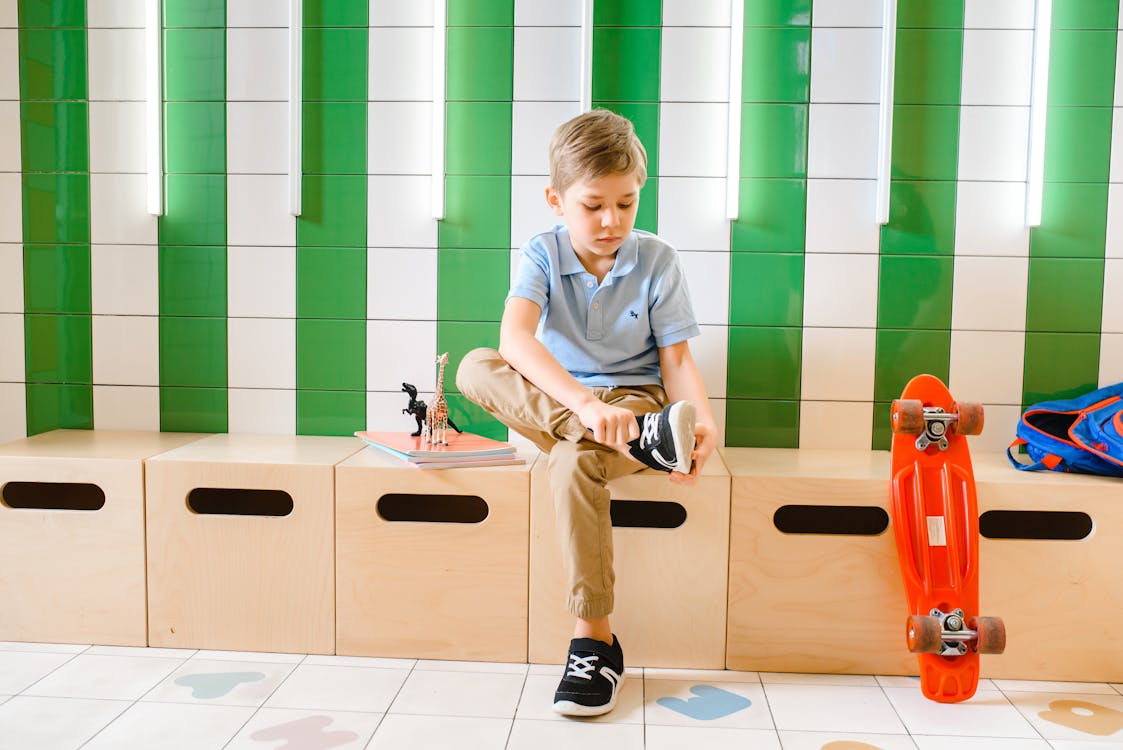When a pet is lost, something extraordinary occurs in the American neighbourhoods. Friends are formed of strangers, friends are friends, and neighborhoods learn that they all have a cause that goes beyond day-to-day existence. The hunt to find a lost animal possesses a certain power to bring people together in a way that cannot be achieved through other things. Sarah Mitchell, never thought that her tabby cat managed to escape and she would meet dozens of people she had never seen before. She had lived in her suburban Chicago community for three years during which she had given polite waves to the people living around her. When Whiskers was blown out in a storm, all was different. Sarah started to get the doorbell ringing within hours of writing about her lost cat. Neighbors offered to: Ransack their garages and sheds. In crawl places and under porches. Send the alert to their networks. Arrange regular searches of the neighborhood. Sarah was walking around the neighborhood with one of her neighbors, Tom, who spent the whole morning of his Saturday telling her about his childhood pets. It is 6 months later that they continue to see each other at Starbucks every week. The frantic hunt of a lost animal leads to a direct, corporeal necessity that human beings have a natural desire to fill. For everyone to locate a lost dog or cat is a cause to be in agreement and help unlike abstract community initiatives. It allows neighbors the right to knock on the doors, engage in discussions, and collaborate towards a shared objective. People that I have never met before connect through searching lost and found pets near me, which make them best friends long after the crisis ended. These relationships usually end up creating the basics of stronger and more stable neighborhoods where individuals keep each other watch even after the pet has gone home. This is well exemplified in the story by Marcus Johnson. Marcus posted alerts on PawBoost, a community-based board, to reunite lost pets with their owners when his older beagle, Buddy had strayed out of his yard in Portland. This took place after the first hour, where the neighbors whom he had never encountered sent him messages. Elena was only one of the respondents and she lived three houses down. She coordinated a search force, printed fliers and enlisted the friends of her teenage son to go door to door. Two days later, Buddy is discovered, however, the friendship between Marcus and the family of Elena thrives on. They now drive each other to school and the families are celebrating holidays as one big family. The relationships created in the process of pet search usually trigger extended community participation: Contacts are exchanged between neighbors. Elderly residents who may require assistance are made known to people. The members of the community find common grounds other than keeping pets. Confidence is achieved by working together. Organized channels of communication on other emergencies. Heightened activity in the neighborhood watch. Better arranged community meetings and events. More receptive to assisting with non-pet related matters. Online applications have altered the dynamics of mobilization of communities in the event of pets. Once an individual shares a post about a lost pet the reaction can be global and instant. PawBoost brings together the local people who wish to contribute to the cause, forming a network of non-indifferent people who would spring into action. The reason why these platforms are effective is due to the fact that they exploit a very base desire, one that is inherent in humans: people want to help, particularly when the wellbeing of an animal is in question. The emotional urgency and practical action make a combination that opens strong opportunities of connection. Groups of people gathering around lost pets find some positive results they had not realized: Increased Safety in the Neighborhood: The residents will be more watchful and will share their concerns and suspicions more actively. Less Social Isolation: Pet-related connections help the elderly neighbors and newcomers to enter the existing social networks. Enhanced Mental Health: The sense of purpose and belonging that assistance through reuniting a pet with its family offers bring positive emotional attachments. More Effective Emergency Response: In the event of actual emergencies, the faster and more efficient response of neighborhoods with well-established pet rescue networks is achieved. The sites created to assist in lost and found pets in my area are not just bulletin boards. They are community organizers who unite those who are heavily geographically close and willing to assist. These online community collectives tend to be the initial phase towards establishing strong neighborhood networks. The grace of pet recovery is that it is free of charge. You do not require any special skills, commitment of time or vast resource requirements. You just have to care and that caring brings bridges to people who would have not been connected to each other. When societies come together to reunite a lost pet, all gain. The pet is found safe, the owner feels majorly grateful and the neighbors learn the deep feeling of helping each other to achieve something significant. Such instances of bonding, inspired by the feeling of care about a helpless creature, help us to remember that community is not only about living in close proximity to one another but also being there when it is needed.
The role of lost pets and the way they unite the neighborhoods
The Unpredictable Influence of a Lost Pet Alert
Developing Long Term Friendships by acting with mutual interest
From Crisis to Connection
True Accounts of Unanticipated Friendships
The Development of Neighborhood Networks which Sustain
Ripple Effect of Pet Recovery Efforts
Immediate Benefits:
Long-Term Community Impacts:
What Technology Can Do To Improve Local Ties
Other than Pet Recovery: Community Benefits in the Long Run
Creating Social Capital One Search at a Time
The Value of Community Driven Platforms




Want to add a comment?